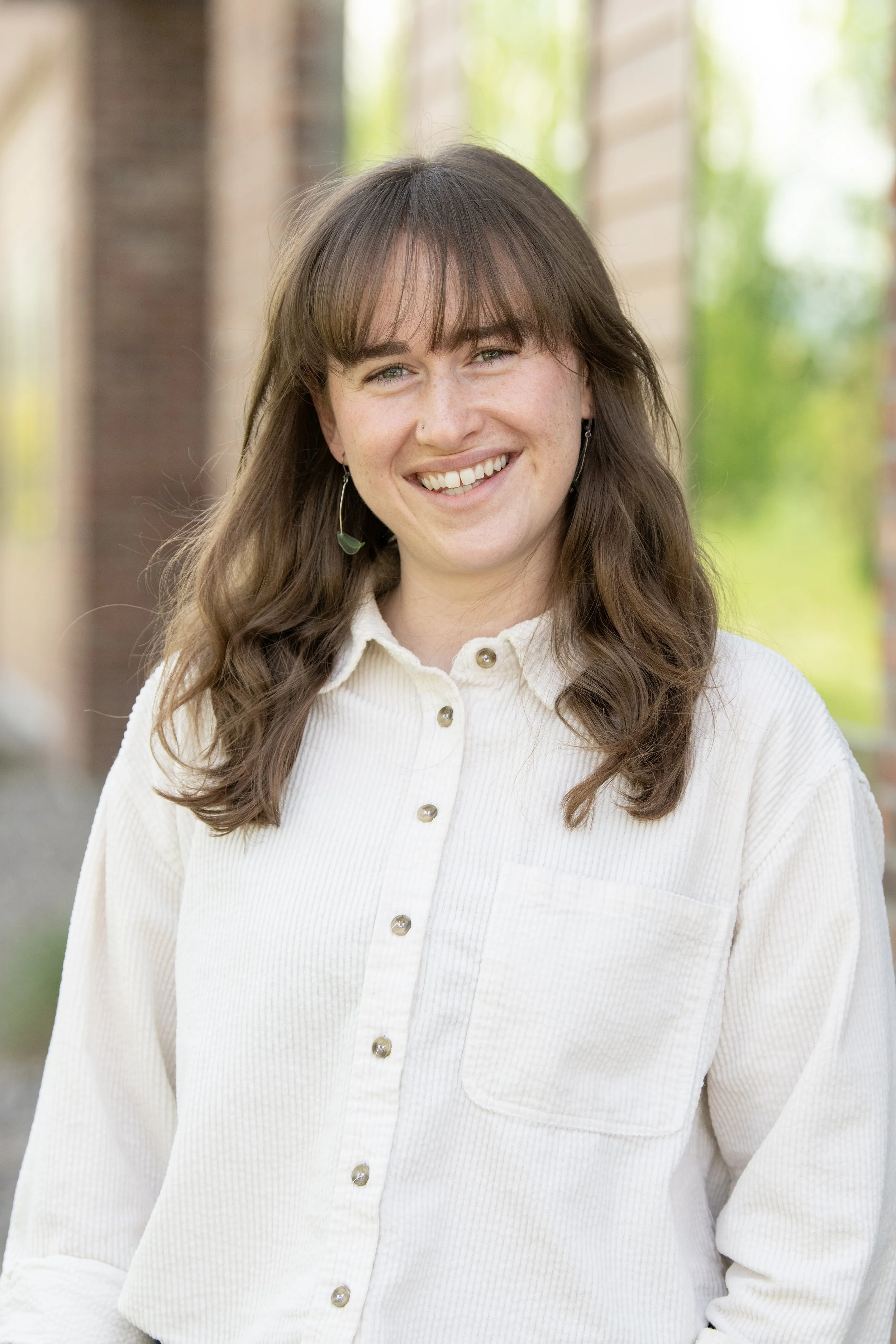
For Families
We offer educational workshops to youth and families to help guide them through difficult conversations. Read on or contact us to learn more about this program!
Register for Our Youth and Family Workshop
Prepping for Puberty is offered once in the spring and fall, OR upon request from groups of parents. Prepping for Puberty is for ages 8-12 and is not only used to educate families, but also to forge connection, safety, and open conversation among youth and their adult(s).
-
Prepping for Puberty is a fun, interactive 3.5 hour workshop for youth ages 8–12 and their parent(s) or supportive adult(s). Bridgercare partners with the Gallatin Valley Child Advocacy Center to host this workshop.
Youth learn about the physical, emotional, and social changes of puberty from trained high school Peer Educators, while adults explore strategies and resources to support their kids through this transition.
Together, youth and adults practice communicating more comfortably and effectively about puberty—and have fun doing it (there’s always plenty of laughter)!
-
Puberty is the time in a person's life when they change from a child into an adult. This time is marked by a maturing body that can reproduce - or make a baby. It usually happens between the ages of 9 and 16. It's also a long process and can take years to complete all the changes. It can be an exciting time, but also confusing, awkward and scary for young people if they don't know what to expect. Having a trusted adult who is willing to talk about the changes is one thing that can help make puberty easier for young people.
-
The workshop is divided into four parts: welcome and intros (youth and adults together), youth by themselves and supportive adults by themselves. The workshop will end with youth and adults together.
Youth will learn about:
What happens to bodies during puberty
Physical changes for all bodies
Hygiene practices
Gender stereotypes
Developing crushes
Regulating changing emotions
Adults will learn about:
What to expect during puberty (emotionally and physically)
Skills to help normalize puberty for your child
Q&A session to answer any of your puberty questions!
Sign Up Learn More About Our Education Programming!
Check out this Puberty Book List that our Education Team put together! Based in Bozeman? Good News: Country Bookshelf, our local independent booksellers, have a shelf set up in store for you to grab these books on the go!
Looking for Books to Help You Have Family Conversations About Puberty?
-
There are age-appropriate ways to incorporate information about healthy and safe bodies for youth as young as babies all the way to adulthood
By talking early, you set yourself up as the expert so your kids know that they can ask you questions rather than relying on their friends or the internet
By establishing that you’re willing to engage in these discussions, kids are less likely to feel shame around asking questions as they grow up
-
Model speaking openly and honestly about hard topics
Kids are learning from you even when you’re not actively teaching them
Try to remain open and honest during sensitive conversations, even if they get flustered
If you get flustered, name how you are feeling and why
Acknowledge when you don’t know the answer to something, then model looking up the answer from a reputable source
-
Try having hard conversations in low stakes context
Make a casual observation, followed by a question
Use media as a doorway into a conversation
Practice curiosity when they bring something up
Ask open-ended follow-up questions
Let them teach you something
It can feel scary to find out that they know more or different information than you
Example Follow Up Questions
Could you tell me more about that?
What does that mean to you?
Hmmm, I’m wondering if you’re talking about...
I’ve never heard that term before. What does it mean?
What do you think about that?
How do you feel about _______?
-
This is likely the first time they’re going through a particular scenario
Acknowledge that relationships, friendships, and peer dynamics can be really hard, even as adults
Practice echoing back information they’re giving you
Echoing Back Sentence Starters
It sounds like...
I’m hearing...
Help them understand that rejection (romantic and friendship) is a part of life, but is very challenging
Keep an eye out for signs of unhealthy relationships and physical, verbal, and mental abuse in relationships
-
It’s important to understand your own values and recognize that your child might not share those same values
We want young people to be happy and safe
Talk positives
What are your wants for them?
To be in respectful relationships
To be safe
To have positive experiences
Try not to focus on what you don’t want them to do
Discuss family and personal values and why you hold those values for yourself – share relevant experiences that are important
Strategies for Hard Conversations with Kids
Adapted from Speak About It!
Resources for Families Based on Developmental Stages
Stay in the Loop on Bridgercare’s Education Programs!
Meet Our Educators!
This website is supported by the Office of Population Affairs (OPA) of the U.S. Department of Health and Human Services (HHS) as part of a financial assistance award totaling $1,011,249.00 with 100 percent funded by OPA/OASH/HHS. The contents are those of the author(s) and do not necessarily represent the official views of, nor an endorsement, by OPA/OASH/HHS, or the U.S. Government. For more information, please visit https://opa.hhs.gov/.









